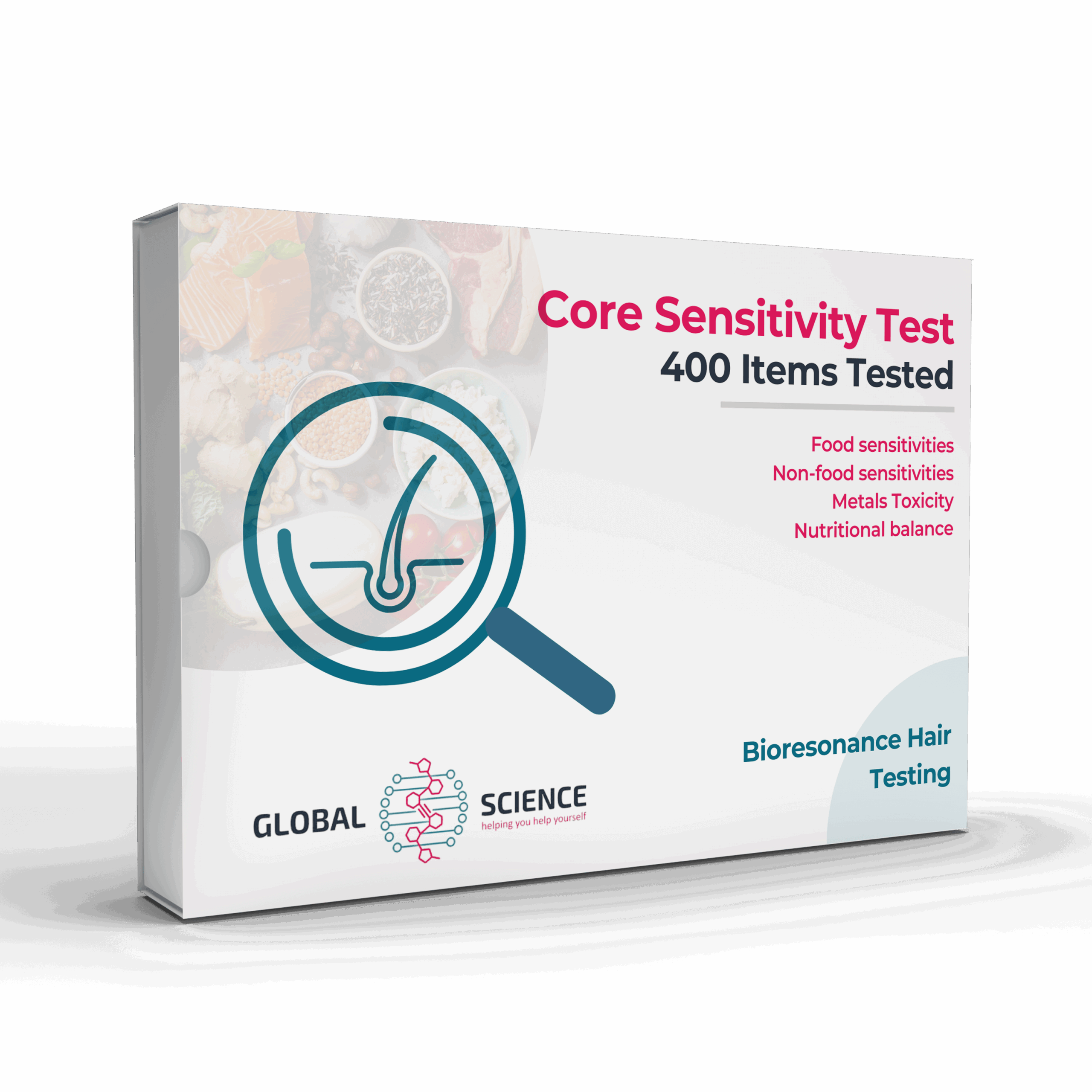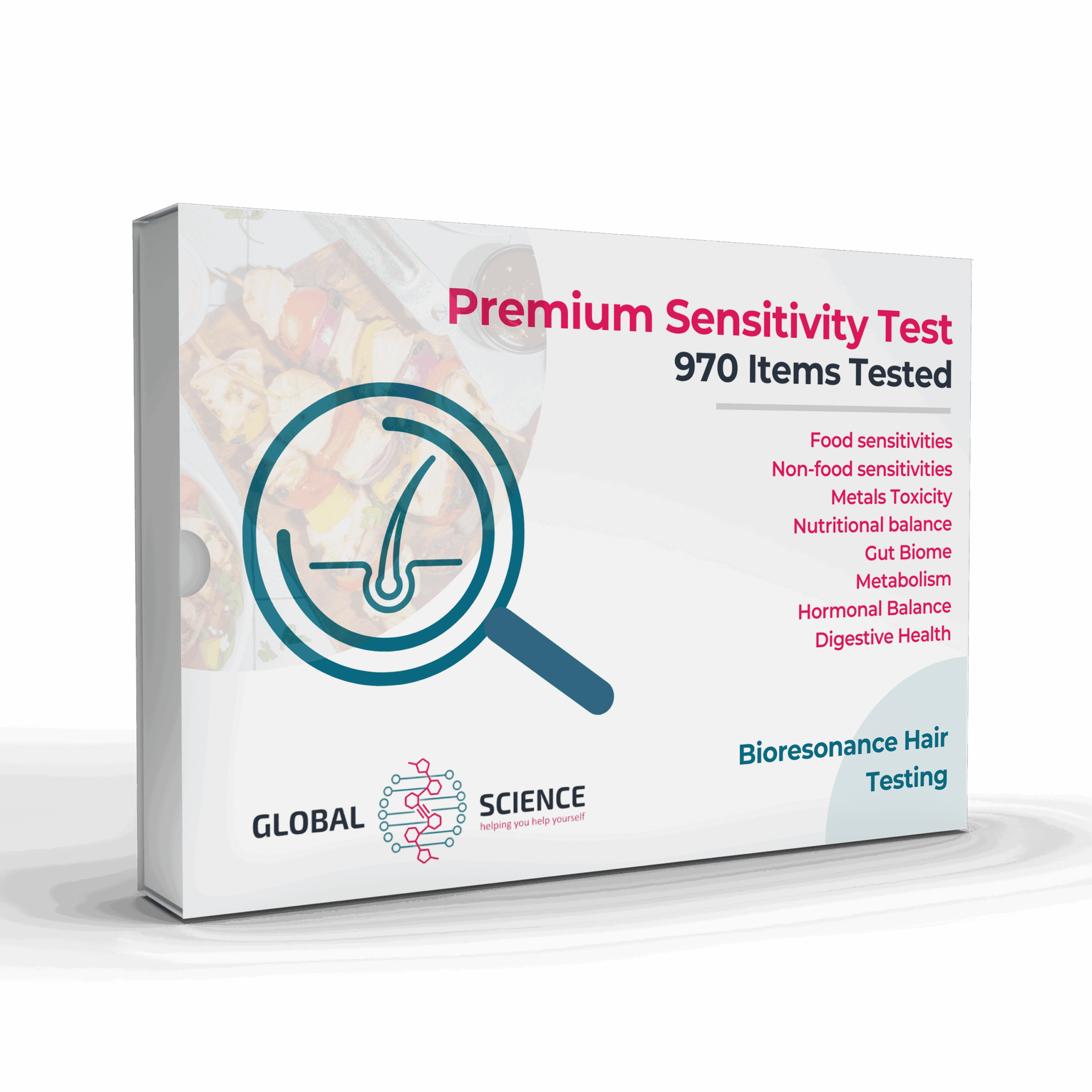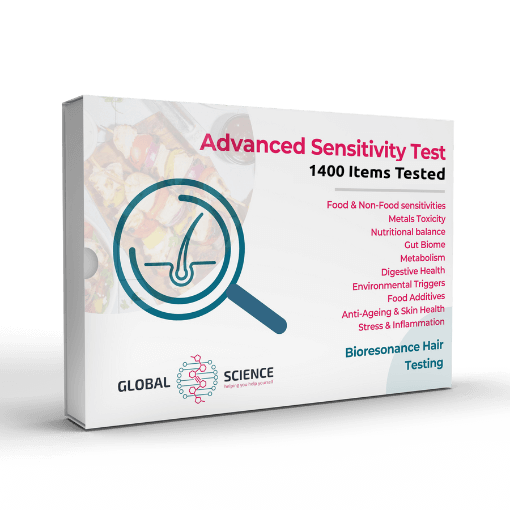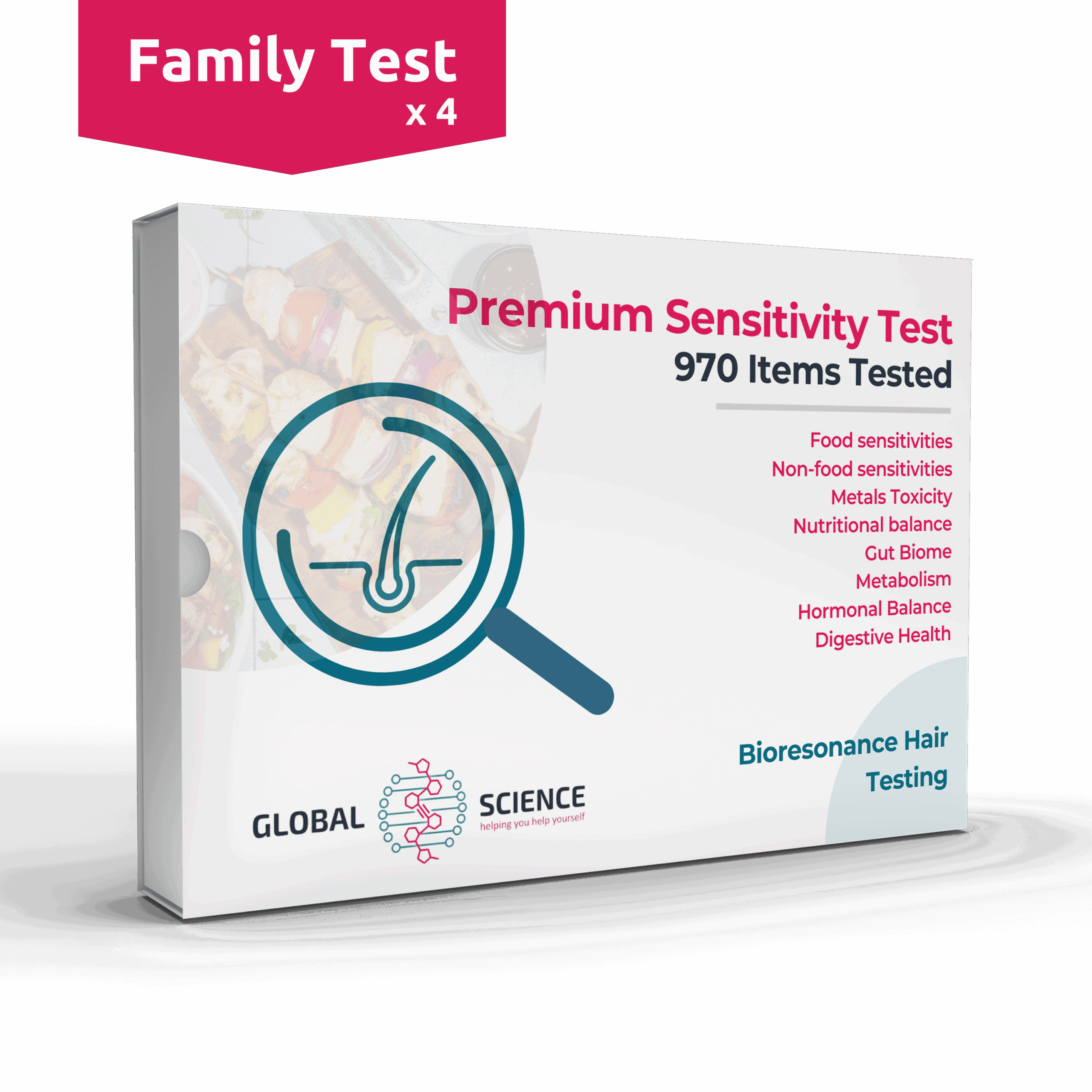Tomato Allergy
Tomato (Solanum Lycopersicum) is a fruit originating in South America, from the nightshade family. It’s now grown throughout most of the world. Although it is botanically a fruit, it’s usually eaten and prepared as a vegetable.
Tomatoes are approximately 95% water, 4% carbohydrates and less than 1% fat and protein. They are low in calories and considered a good source of vitamin C. Tomatoes give an umami flavor to cooking and are consumed in a variety of raw or cooked dishes, sauces, salads, and even drinks. Tomatoes and tomato products are used in a large number of processed foods.
Although there has been a massive increase in tomatoes and tomato-based products throughout the world, tomato allergies are very rare. People with a tomato allergy are also likely to experience allergic reactions to other nightshade foods, such as potatoes, tobacco, and eggplant. Those with a tomato allergy may also have a cross-reaction to latex and latex products, known as latex-fruit syndrome.
Here are a few symptoms of tomato allergy:
Abdominal cramps
Anaphylaxis (very rarely)
Diarrhea
Narrowing of the throat
Nausea or vomiting
Rash or hives
Swelling of the face or lips
Tomato sensitivity
Tomato sensitivity (or intolerance) is where someone experiences digestive symptoms following the consumption of tomato products. This condition can be uncomfortable and embarrassing for the individual, despite being a less severe condition than an allergy.
Symptoms of tomato sensitivity or intolerance can include:
Bloating
Diarrhea
Gas
Nausea
Tiredness
Nutrition
Tomatoes are a major source of the antioxidant lycopene, which has been linked to a reduced risk of heart disease and cancer, among other health benefits. They represent a key contributor to the modern diet and are also considered a good source of vitamin C, potassium, folate, and vitamin-K.
Replacing key nutrients when eliminating tomatoes
It’s important to use alternatives in your diet when undertaking a short- or long-term elimination diet to maintain nutrient balance.
Below are good examples of nutritional replacements to use when eliminating tomatoes:
Beta carotene
Sweet potato, carrots, kale, spinach, collards, Swiss chard, pak choi, butternut squash, pumpkin, cos lettuce, romaine lettuce, mango, dried apricots, prunes, peaches, melon, red peppers, tuna fish, mackerel, butter.
Vitamin C
Orange, grapefruit, kiwi fruit, mango, papaya, pineapple, strawberries, raspberries, blueberries, cranberries, broccoli, brussels sprouts, cauliflower, peppers, spinach, cabbage, turnip greens, leafy greens.
Potassium
Dried apricots, salmon, mackerel, tuna, monkfish, white beans, lentils, kidney beans, avocado, butternut squash, spinach, mushrooms, bananas, potatoes.
Vitamin K1
Kale, spinach, turnip greens, collards, swiss chard, parsley, romaine, green leaf lettuce, brussels sprouts, broccoli, cauliflower, cabbage.
Folate (Vitamin B9)
Lemons, bananas, melons, spinach, broccoli, lettuce, beans, peas, lentils.
SENSITIVITY TESTS
America's best non-invasive sensitivity test uses a small hair sample to test up to 1400 Foods, inhalants, vitamins and minerals.
Order today and join over 250,000 satisfied customers who now understand their sensitivities and body health.
-
Core - Single
WAS $97.00NOW $37.00SAVE $60.00
400 item food, environmental and metals sensitivity test.
-
Premium - Single
WAS $114.00NOW $47.00SAVE $67.00
970+ item comprehensive sensitivity and health test report.
-
Advanced Sensitivity Test - Single
WAS $149.00NOW $62.00SAVE $87.00
1400 items, our most advanced sensitivity and health test.
-
Premium - Family
WAS $315.00NOW $125.00SAVE $190.00
Our best value and most comprehensive sensitivity test for four people.




